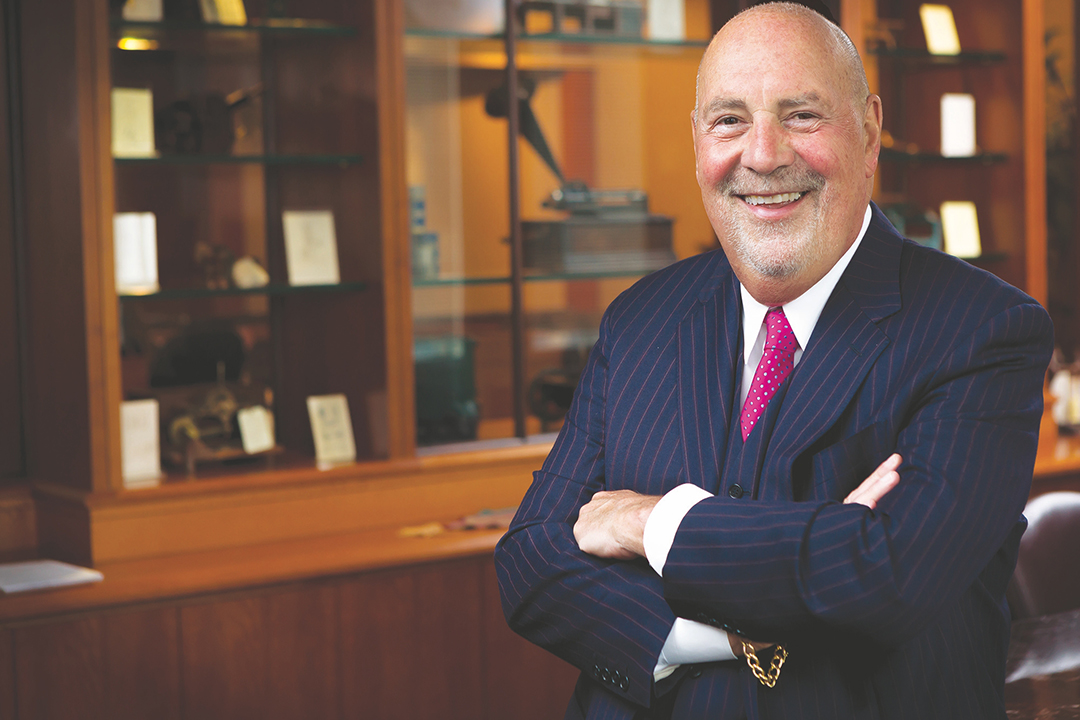Raymond P. Niro, Sr., JD '69 was a senior partner of Niro Law and worked for more than 40 years in the trial of intellectual property law cases.
Mr. Niro represented corporate and individual clients in more than 250 major intellectual property cases and has successfully tried a multitude of patent, trademark, trade secret, and copyright cases in courts throughout
the United States.
In 1997, the National Law Journal named Mr. Niro one of the ten best litigators in the country and, in 1999, he was named by the National Law Journal as one of the 10 best trial lawyers in Illinois. In August 2013, The American Lawyer named Mr. Niro as one of the Top 50 Big Law Innovators of the past 50 years, an honor shared with 49 other leading lawyers in the world.
GW Law Professor Dmitry Karshtedt had these reflections about Mr. Niro:
Ray Niro had tremendous impact on patent litigation. In some ways, he helped remake the plaintiff lawyer's approach in this area of law to resemble that of tort law, taking on cases on contingency-fee basis, doggedly pursuing the most difficult of cases, and relying on the institution of the civil jury to his clients' advantage. In our adversarial legal system, one of the lawyer's strategies might be to make things difficult for your opponent, and Ray Niro excelled at that. He personified the lawyer's duty of zealous advocacy.
Mr. Niro graduated from the University of Pittsburgh, with high honors, in Chemical Engineering in 1964. He received his JD from GW Law, where he graduated with honors and was a member of the Law Review. He moved to Chicago to join the intellectual property law firm now known as Brinks Gilson & Lione. In 1976, Niro and a colleague left the firm to form their own small practice.
Mr. Niro funded an amphitheater in his name at the George Washington University Law School in 2008. He was known for his charismatic courtroom style, dedication to representing the individual inventor and the underdogs of American innovation, and his ability to relate to others. Associate Dean John M. Whealan recalled Ray's "larger than life personality," adding, "When Ray was in a room, you knew it."


